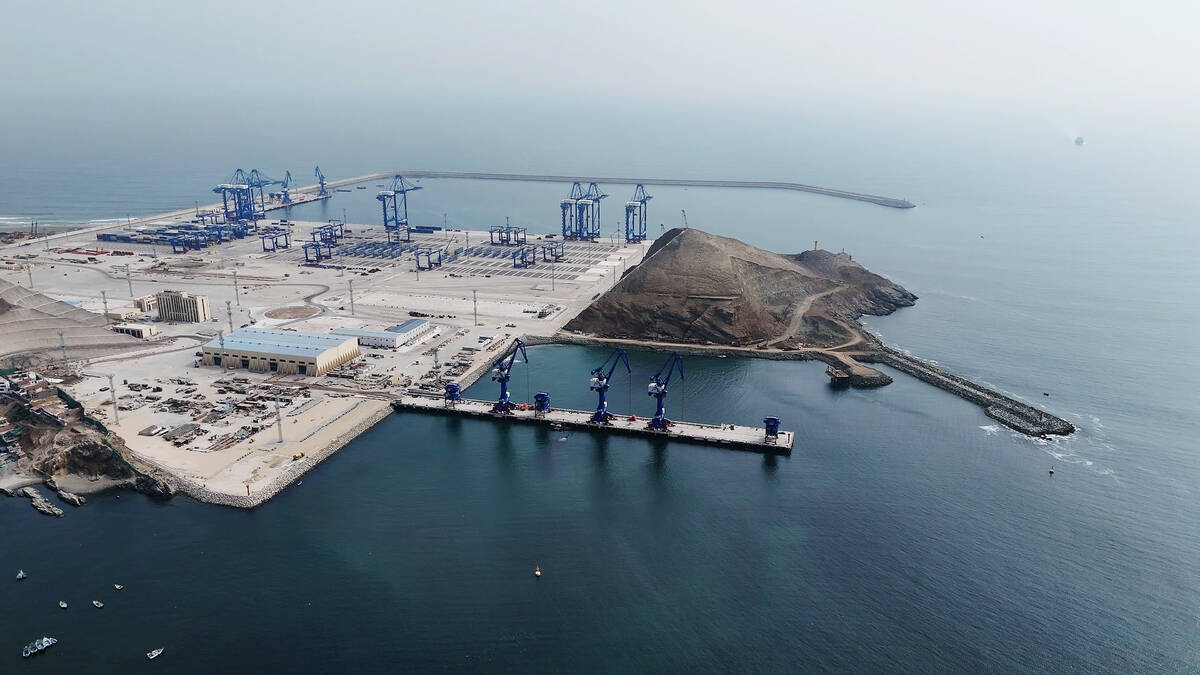A Saskatchewan farmer has launched what could become the biggest class action lawsuit in the province’s history.
Gordon Wallace, who has farmed near Unity, Sask., since 1978, has filed a statement of claim on behalf of virtually all western Canadian farmers against Canadian Pacific Railway, Canadian National Railway, the federal transport minister and the Canadian Transportation Agency and its predecessors.
The lawsuit alleges the railways have been overcharging farmers for 25 years and the federal government has allowed it to happen.
It stems from a Feb. 19, 2008, Canadian Transportation Agency decision that determined farmers were paying $4,379 per car in the revenue cap formula for the maintenance of the government’s hopper car fleet when the actual maintenance cost was $1,371 per car.
Read Also

Geopolitics can change trade routes
WHISTLER, B.C. — Today’s geopolitical tensions could have dire long-term consequences, says the director of international policy at the University…
The hopper car overpayment amounted to $72.2 million. In the end, the CTA reduced the revenue cap for the 2007-08 crop year by $69.6 million once other factors were considered. The decision was upheld by the Federal Court of Appeal.
In his claim, Wallace alleges the federal regulator failed to address similar overpayments that occurred over the previous 25 years, which is the basis of what could be a potentially hefty lawsuit.
Joel Hesje, Wallace’s lawyer, said there are legal issues relating to how far back recovery can be made and it remains to be determined when the cost structure changed for the railways.
But given that the CTA determined the railways overcharged farmers by $72.2 million in just one crop year, the dollar amounts involved will make it the biggest class action lawsuit in the province since legislation covering those kinds of suits came into force in 2002.
“The precise amount will be determined in the course of the lawsuit, but it is potentially a very significant amount.”
Hesje said the CTA, in its Feb. 19 decision, refers to the fact that the historic or embedded maintenance costs contained in the railway revenue cap have outstripped the actual costs for a considerable period of time.
However, given its mandate, the agency was unable to recover those overpayments. The claim alleges the CTA and its predecessors breached a duty they owed to grain producers by accepting cost figures provided by railways without subjecting them to the appropriate scrutiny.
“We have some basis for a belief that they did not properly do their job in representing the interests of the producers,” Hesje said.
The first step in the lawsuit will be to file an application to have the case certified as a class action under Saskatchewan’s Class Actions Act. That is expected to happen within the next three months.
Hesje is confident it will be certified, but that hearing will be the make-or-break moment for the litigation.
“If it’s not certified, it can’t proceed. The cost of litigating something like this would not be justified on any single claim,” he said.
If the case proceeds as a class action, the class would include any grain farmer who, at any time within the period between 1983 and the date of judgment, incurred costs for the rail transportation of grain produced in Western Canada.
“It would be virtually every farmer in Western Canada,” said Hesje.
Due to The Western Producer’s publication deadlines, the defendants could not be contacted for this story, but comments they choose to make will be included in next week’s edition.
“We do anticipate that the claim will be strenuously disputed by the defendants,” Hesje said.















